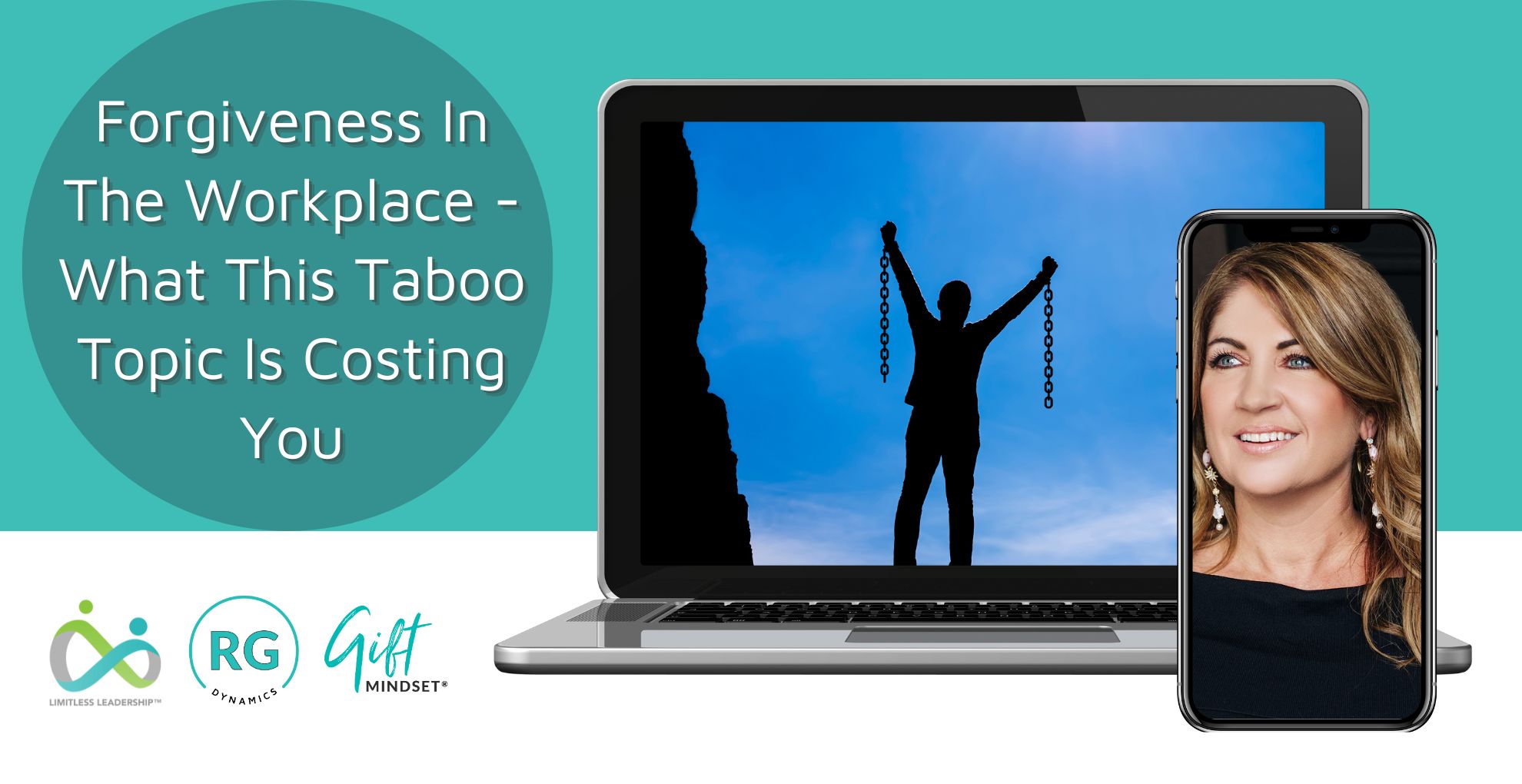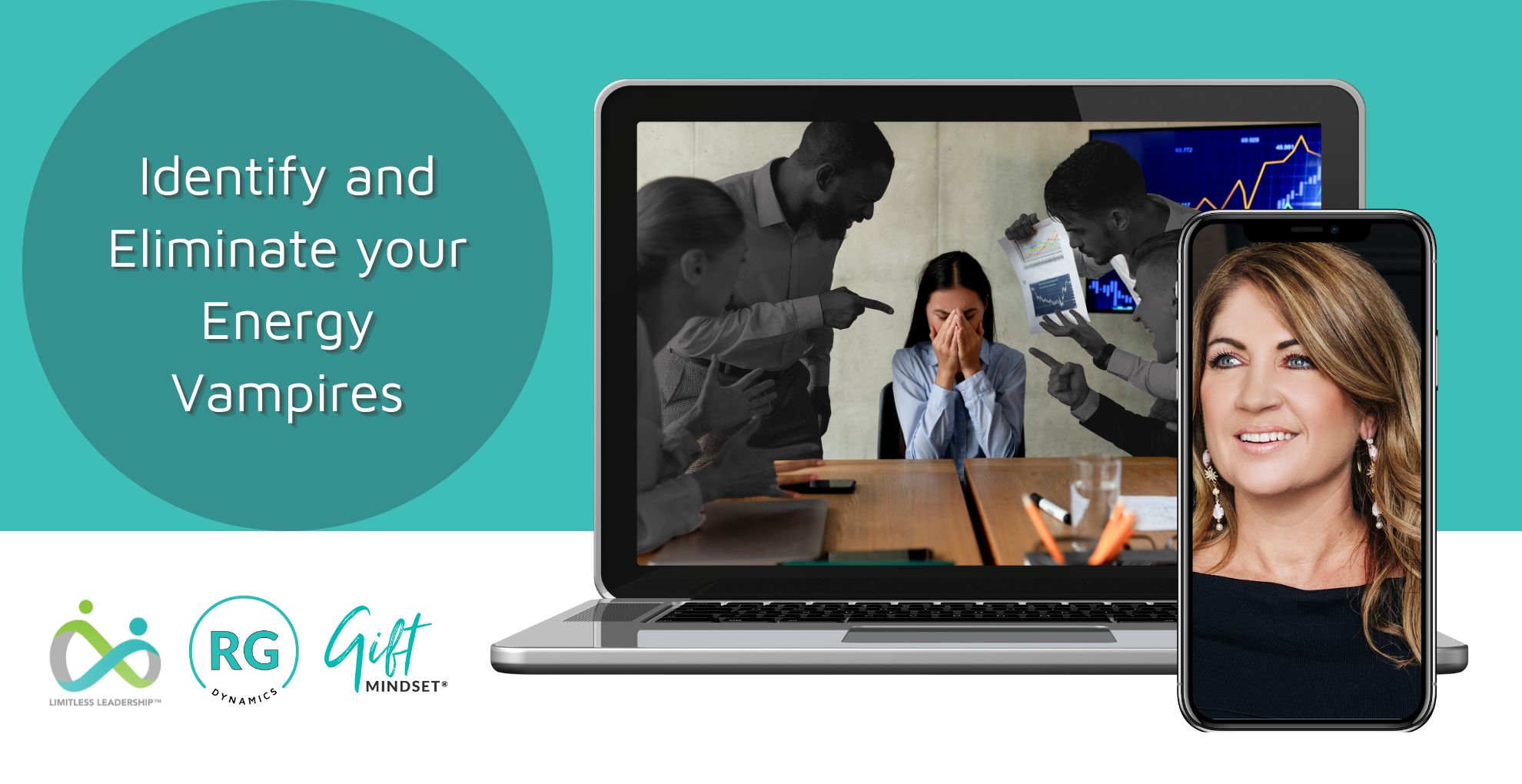Whether we practice forgiveness in the workplace or at home, forgiveness requires us to have a full heart.
We need to be strong, open, brave, resilient, and show vulnerability and empathy.
Brené Brown talks about these qualities belonging to ‘whole-hearted people’. Many people are too weakened by their hurt to be able to forgive. Consciously taking the right steps towards forgiveness will kick off the process of living life from a position of strength rather than weakness.
Psychologists define forgiveness as a deliberate and conscious decision to let go of or release feelings of resentment towards a person, a group, or a situation. It is a process of letting go of hurt and anger, whether forgiveness is deserved. I think of forgiveness as both an emotion and a verb – a process we can all access.
When we come to forgive, it doesn’t mean we forget or condone what has happened. Instead, we forgive to create peace and space to move forward. Holding onto resentment is like poison, and every human deserves peace within. Forgiveness is rarely discussed in the workplace.
When lacking in the workplace, forgiveness can have several detrimental effects on both individuals and the overall workplace environment. Firstly, unresolved conflicts and grievances can bubble under the surface, leading to increased tension, hostility, and decreased morale among employees. This can create a toxic work environment where productivity and collaboration suffer.
When forgiveness is absent, trust between colleagues diminishes. Employees may become guarded and reluctant to share ideas or collaborate openly, fearing backlash or judgment. This lack of trust can hinder teamwork and progress toward common goals and innovation.
Holding onto grudges can diminish our personal growth and hinder our professional development. Instead of learning from mistakes or constructive feedback, individuals may dwell on past grievances, hindering their ability to adapt and improve. This can be toxic and is not always linked to forgiveness but instead burn out, wrong job fit or low motivation.
An absence of forgiveness in the workplace can lead to a lack of retention as employees become disillusioned and seek opportunities elsewhere. This turnover can be costly in terms of recruitment, training, and lost knowledge.
To me, when we forgive, we move from poison to peace.

Imagine if forgiveness and the lessons we gleaned were shared in the workplace.
Relationships would be truer and stronger, and this could lead to a more collaborative and connected culture.
Forgiveness is giving up the hope that the past could have been any different, it’s accepting the past for what it was, and using this moment and this time to help you move forward. — Oprah Winfrey
Here are a few tips to go from a place of poison to peace; they will help you to unwrap your past, present or future Gifts of Forgiveness:
The 6 Keys to Forgiveness
To download a copy of the 6 Keys to Forgiveness Infographic, click here.

-
Identify and Acknowledge your hurt
It’s important to know the source of the hurt or betrayal you are living with. Take the time to acknowledge how you are feeling and recognise your thoughts towards it.
-
Forgive yourself
Realising that everything that has happened, good or bad, has been pivotal to becoming the person you are today paves the way to self-forgiveness. Shift your thoughts and feelings towards the positive and the present.
-
Change your story
The things we tell ourselves shape our beliefs and create the story we live by. Take the time to revisit your beliefs around the story you hold in the context of what needs to be forgiven.
-
Develop a forgiving mind through empathy
By practising empathy, you are ‘feeling into’ the other person – whether you believe what happened was wrong or right is irrelevant. We can forgive others in many ways, depending on where we are and how we want the relationship moving forward.
-
Seek support
Tap into resources such as reading and inspirational podcasts, which can equip you with motivation and supportive insights.
-
Practise gratitude
When we come to a place of peace, we have the best chance to live our best life and focus on what we have rather than what we don’t have or what isn’t perfect.
Acceptance is the portal to forgiveness – taking the time to acknowledge and identify the cause and our feelings allows us to choose how we want to forgive and what we need to do.
What do you need to do to unwrap and reveal your Gift of Forgiveness?
Lead to be Limitless…





